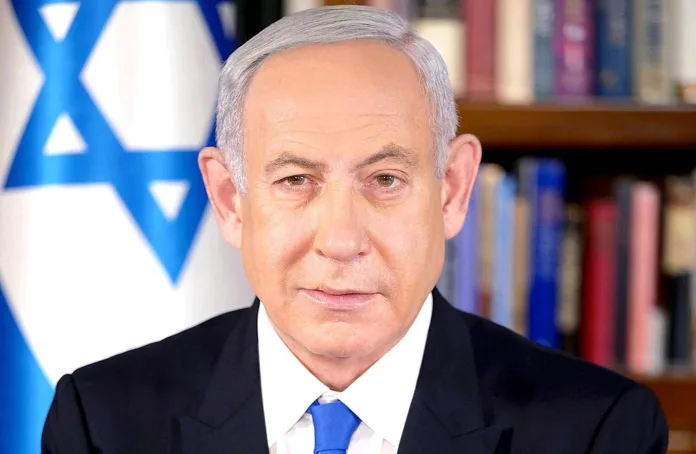Situated amidst a turbulent geopolitical landscape, Israel’s recent military actions against Houthi forces in Yemen mark a significant escalation in Middle Eastern conflicts. Following a series of drone attacks on Israeli territories, the country’s defence forces launched comprehensive retaliatory strikes, exemplifying the persistent cycle of violence in the region. Concurrently, Israeli Prime Minister Benjamin Netanyahu’s assertive stance at the United Nations highlights increasing complexities in US-Israel relations, especially as the US navigates its strategic priorities amid shifting allies and adversaries. As regional players recalibrate, these developments signal Israel’s determination to counter threats while managing its indispensable partnership with Washington. Netanyahu’s diplomacy underscores Israel’s strategy to maintain security and stability, leveraging military might and diplomatic acuity to navigate an evolving international arena.
Embed from Getty ImagesPerspectives
Perspective 1: Proponents of Israel’s military approach argue that decisive action is necessary to safeguard national security and deter future hostilities from hostile state and non-state actors like the Houthis. This viewpoint emphasizes the right to self-defence and the importance of maintaining a strong deterrent capability to ensure the safety of Israeli citizens. Furthermore, supporters assert that such operations are vital for regional stability, illustrating Israel’s commitment to defending its sovereignty amidst complex threats.
Sources:
Perspective 2: Critics of Israel’s military reprisals question the humanitarian implications and potential escalatory consequences of such actions. They argue that heightened conflict perpetuates a cycle of violence, adversely affecting civilians and undermining long-term peace prospects. This perspective calls for diplomatic solutions and multilateral efforts to de-escalate tensions, focusing on dialogue and cooperation with international partners, including the US, to address root causes and prevent further deterioration of regional stability.
Sources:
Perspective 3: Some geopolitical analysts suggest that these military and diplomatic manoeuvres are part of a broader strategy by Israel to reaffirm its geopolitical standing amidst US policy shifts. They contend that Israel seeks to ensure continued support from its American ally by demonstrating its strategic value in a volatile region. This perspective highlights the complexity of balancing military assertiveness with diplomatic finesse to achieve security objectives while cultivating international alliances.
Sources:
